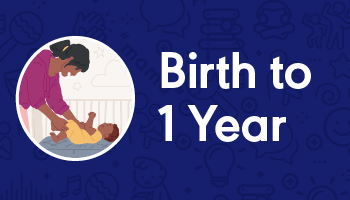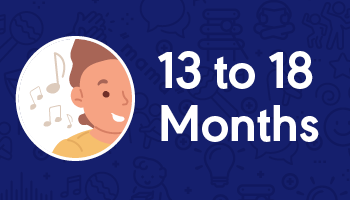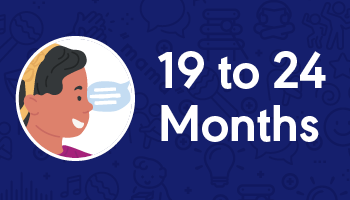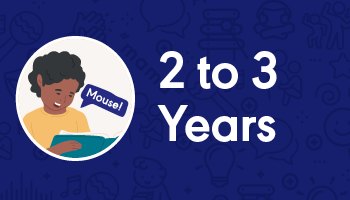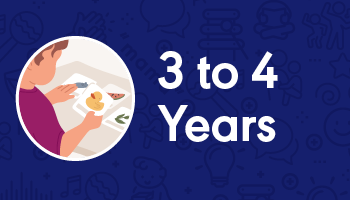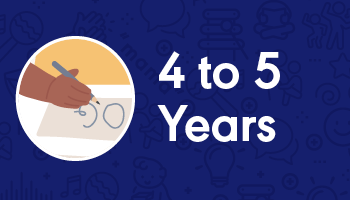Communication Milestones: Age Ranges
These milestones are designed to help you know what to expect as your child grows and develops—and to know when to seek the guidance of an audiologist or speech language pathologist. When reviewing the milestones, also consider the age ranges below and above your child’s age. These milestones are not meant to be a screening or diagnostic tool.
Learn more about developmental milestones and see the supporting research.
Videos
General Communication Tips
Here are some tips to help families support their child’s speech and language development:
- Talk about what you’re doing, what your child is doing, and what your child sees. Use longer sentences as your child grows older.
- Communicate with your child in the languages that you are most comfortable using.
- Use a lot of different words with your child. Don’t worry about using big words. Children enjoy new and unusual words.
- Listen and respond to your child.
- Help your child listen. Give directions for your child to follow.
- Have your child’s hearing tested if you find yourself repeating a lot or using a loud voice.
- Tell stories to your child a lot. Read to your child as much as you can.
- Ask questions and talk about what happened in the story. Read to your child in the languages they are learning.
- Don’t interrupt your child to correct their speech sounds. It’s okay if your child makes some mistakes with sounds. Say the sounds correctly when you talk.
- Ask questions that need more than a yes or no answer. Encourage your child to ask you questions.
- Set limits for screen time. Use that time for talking, reading, and playing together.
- Don’t wait to get help if you’re concerned. You know your child best. Getting help early can stop later problems with behavior, learning, reading, and social relationships.
